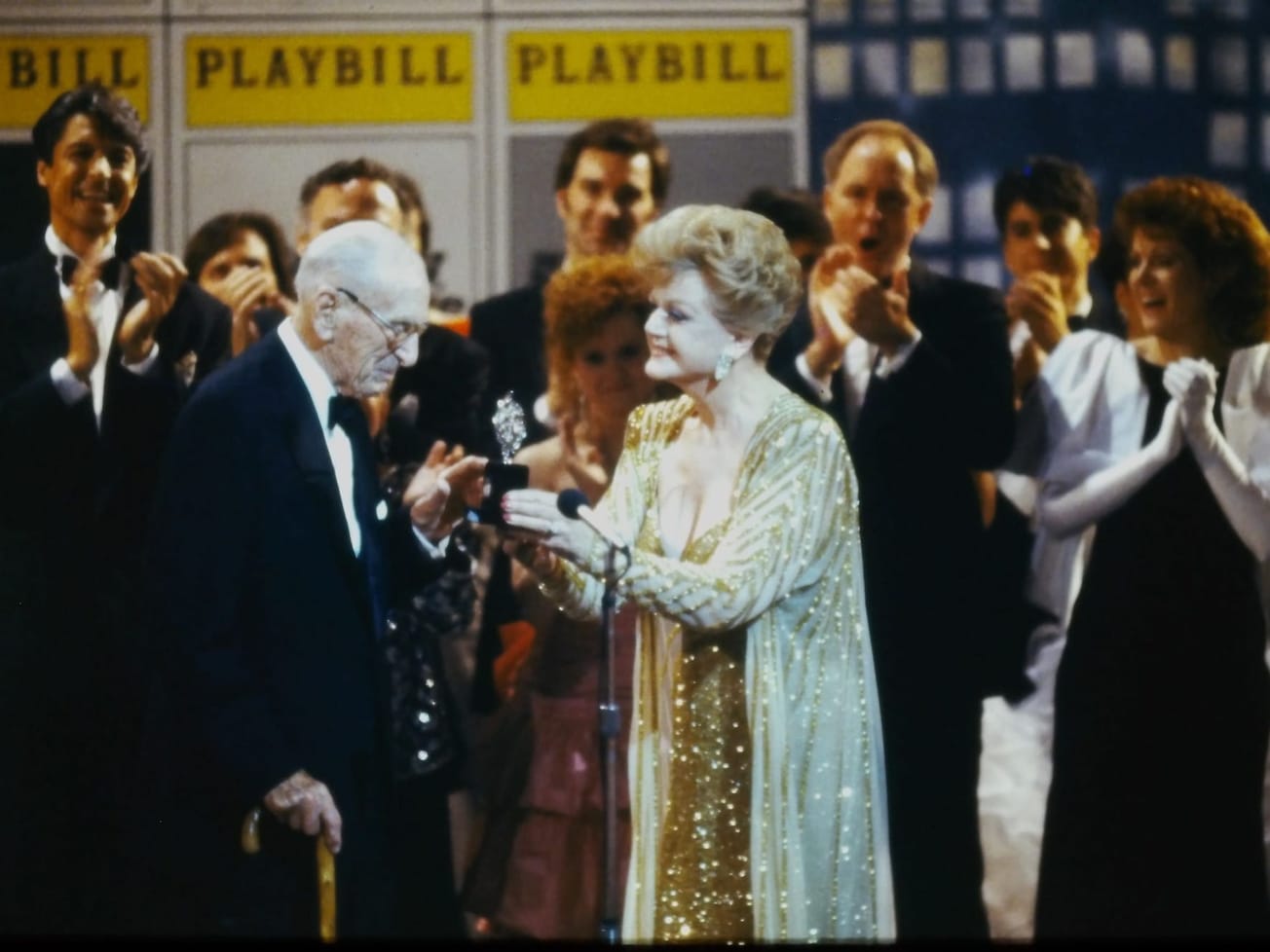Several hundred potential members expressed an interest in joining Actors’ Equity Wednesday, hours after the union opened up eligibility to all professional actors and stage managers in the U.S.
The changes to eligibility are part of a two-year pilot program in which the union will allow any actors or stage managers who are paid for work in those roles to become members. Some industry members view the union’s size increase with skepticism and concern about increased competition for work, but Equity leaders and others view it as a chance to reshape the theatrical landscape.
The union has close to 52,000 members and Actors’ Equity President Kate Shindle said leadership is not certain how many more applicants will participate in the new Open Access program. The new eligibility rules are currently set to expire in 2023, but Shindle said she hopes and expects the program to be renewed.
“If we actually want our membership to look like our nation, let alone the globe, making real changes and creating new pathways to membership seems like the right way to do it,” Shindle said.
With the influx of potential new members, Shindle said she is aware of concerns on overcrowding at auditions and increased competition for jobs. This is particularly pressing as many actors look to return to work after more than a year without employment on stage, and as the number of job openings upon return remains uncertain.
The union can negotiate for more audition slots in order to handle potential crowds, Shindle said. However, in the long term she hopes to see more theaters across the country become Equity venues and therefore employ more union members.
“I think it’s a very important thing to keep in mind that in the short term, there may be more people vying for the same number of jobs,” she said. “But ultimately, I think what we’d all love to see is to organize membership in such a way that there are more jobs available and thus more auditions and more slots in New York, but also everywhere else.”
Many small theaters cannot afford to employ Equity casts due to the higher salary requirements, however Shindle said the union will continue to advocate for increased arts funding to help producers support that pay scale.
Actors’ Equity has positioned the new eligibility rules as an effort to make the union more equitable and inclusive by breaking down barriers to membership. Shindle notes that the changes are being made following a year of reckoning within the industry and Actors’ Equity itself. The union has been the subject of protests, with members calling for greater protection of individuals who are Black, Indigenous or People of Color and diversification of the union.
However, some members see the new membership requirements — which also allow former members to rejoin the union without a new contract and easier entry for international members — primarily as a means to bring more funding through dues to the union after a tough financial year.
“I don’t understand how this is a diversity and inclusion initiative,” said Nattalyee Randall, one of the organizers of the March on Broadway. While she supports including actors who had been struggling in the union, Randall said Actors’ Equity has not addressed all demands from the march, such as adding stronger language within the Equity contract to protect BIPOC members.
Shindle said this is the first of many planned inclusion efforts within the union and that it opens up more job opportunities to marginalized groups who can now join Actors’ Equity. And while an increase in funding from membership dues would be “icing,” Shindle said, the union is emerging from the pandemic in a secure financial position.
“We are stable,” Shindle said. “We’re at the point of bringing back a significant amount of staff. “We are not on the verge of closing our doors. We’re not on the verge of selling off real estate or anything else.”
Earlier this year, the Equity-League Health Fund, which oversees health care plans for Actors’ Equity members, had to make changes to its plan due to the drop in contributions from employers. After making these changes, which require members to work more weeks to earn coverage, fund trustees said Wednesday that the fund’s “assets and liabilities are in balance, and [it] expects to be able to pay out all benefits earned by participants.”
Reactions to the membership change in the theater community ranged from suspicion over the timing of the announcement and questions on logistics to joy at the increased opportunities.
The new rule change allowed Jordan Cobb, an actor based in New York, to accelerate her timeline. Cobb had been earning points as an Equity Membership Candidate and had planned to double her efforts toward full union membership this fall.
“This is a dream of mine that I had put on a three-year plan because it felt that far away,” Cobb said.
With the potential for union membership, Cobb said she believes she will be taken more seriously as an actor and have the opportunity to enact change within the industry, particularly for fellow BIPOC artists. Before this, Cobb said she had struggled to find jobs in live theater and had instead turned to voice-over work.
She filled out a questionnaire to be an Actors’ Equity member Wednesday morning, marking the first step in the process.
Even with loosened eligibility restrictions, some members may still not choose to join the union because it limits the scope of job opportunities. After years working non-union jobs, Nichole Naccash, a New York-based actor, said she decided to apply Wednesday to take the next step in her career and because of the benefits of union membership. For Naccash, these include the ability to be seen for jobs that do not require travel and health care coverage, even with the new restrictions on the plan.
The rule change marks a turning point in the union’s trajectory. Heath Saunders, an Equity actor who has performed on and off Broadway, said they feel opening up membership removes the union’s former “gatekeeping” model, in which eligibility was determined by producers, and strengthens its position as an advocate for labor.
“We want to be protecting all of us,” Saunders said. “We will all be better if we’re acting in solidarity.”
The new base could strengthen Equity’s position as it negotiates on behalf of its members. The question, Saunders said, is whether the large and disparate membership will be able to agree on priorities for those negotiations.






















































